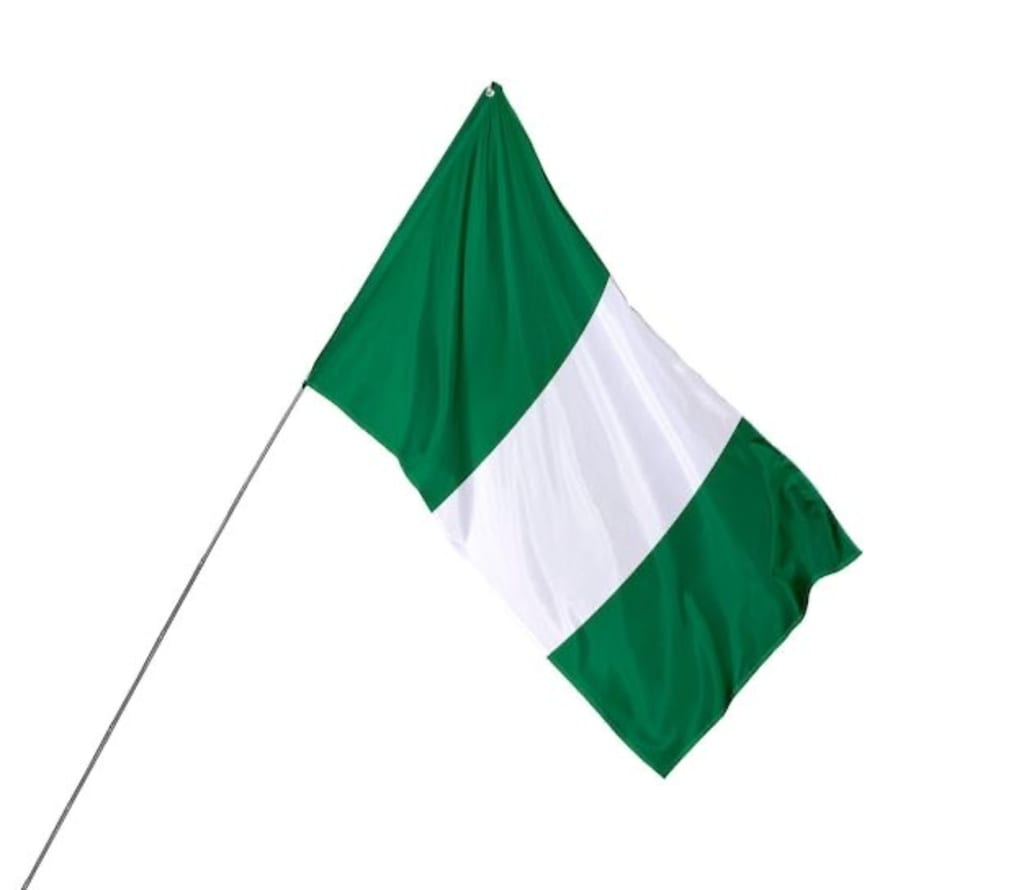Mystic Nigeria.
An all-you-can-know galore about Nigeria and all the facts they don’t teach you in History class.

Nigeria's history is a compelling tale that spans centuries, marked by a rich tapestry of diverse cultures, colonial rule, struggle for independence, and the ongoing quest for national unity. This essay delves into Nigeria's historical journey, highlighting key events, influential figures, and pivotal moments that have shaped the nation's identity and contributed to its present-day challenges and aspirations.
1. Precolonial Era:
Before the arrival of European powers, Nigeria was home to various indigenous civilizations, kingdoms, and empires. Prominent among these were the Nok, Ife, and Benin civilizations, known for their advanced artistic and metallurgical skills. The Kanem-Bornu Empire in the northeast and the Oyo Empire in the southwest exerted significant influence over vast territories, engaging in trade and diplomacy.
2. Colonial Rule:
The 19th-century scramble for Africa led to Nigeria's colonization by the British Empire. The British established control over the region through a series of treaties, conquests, and indirect rule systems. The amalgamation of diverse ethnic groups into the Colony and Protectorate of Nigeria in 1914 set the stage for future challenges in fostering national unity.
3. Struggle for Independence:
Nigeria's fight for independence gained momentum in the mid-20th century. Influential leaders like Herbert Macaulay, Nnamdi Azikiwe, and Obafemi Awolowo played pivotal roles in mobilizing the masses and advocating for self-governance. The formation of political parties such as the National Council of Nigeria and the Cameroons (NCNC) and the Action Group (AG) paved the way for nationalist movements and demands for independence.
4. Independence and Postcolonial Challenges:
On October 1, 1960, Nigeria achieved independence, with Sir Abubakar Tafawa Balewa becoming the country's first Prime Minister. However, the post-independence era was marred by political instability, ethnic tensions, and regional disparities. A series of military coups and counter-coups in the 1960s and 1970s further compounded Nigeria's challenges, leading to a civil war from 1967 to 1970, when the breakaway Republic of Biafra sought secession.
5. Democratic Transition and Challenges:
Nigeria witnessed a return to civilian rule in 1999 after a series of military dictatorships. However, the nation has grappled with numerous challenges, including corruption, weak institutions, poverty, and religious and ethnic tensions. These issues have hindered social and economic progress, necessitating ongoing efforts to build stronger governance structures, foster inclusivity, and ensure equitable development across the country.
6. Nigerian Identity and Future Prospects:
Nigeria's identity is shaped by its diversity, encompassing over 250 ethnic groups, multiple languages, and a rich cultural heritage. The nation's cultural expressions, literature, music, and vibrant film industry (Nollywood) have gained global recognition. Furthermore, Nigeria has made strides in sectors such as telecommunications, finance, and entertainment, highlighting its potential as a regional and global player.
Conclusion:
Nigeria's history encapsulates a complex narrative of struggles, triumphs, and ongoing challenges. The journey from precolonial civilizations to independence, and the subsequent quest for national unity and development, has shaped Nigeria's identity. While the nation faces significant hurdles such as corruption, regional tensions, and socio-economic disparities, its rich cultural heritage, resilient spirit, and immense human capital provide a foundation for hope and progress. With sustained efforts towards good governance, inclusive policies, and harnessing its diverse talents, Nigeria can navigate its challenges and realize its potential as a prosperous, unified, and influential nation in Africa.
About the Creator
Enjoyed the story? Support the Creator.
Subscribe for free to receive all their stories in your feed. You could also pledge your support or give them a one-off tip, letting them know you appreciate their work.





Comments
There are no comments for this story
Be the first to respond and start the conversation.